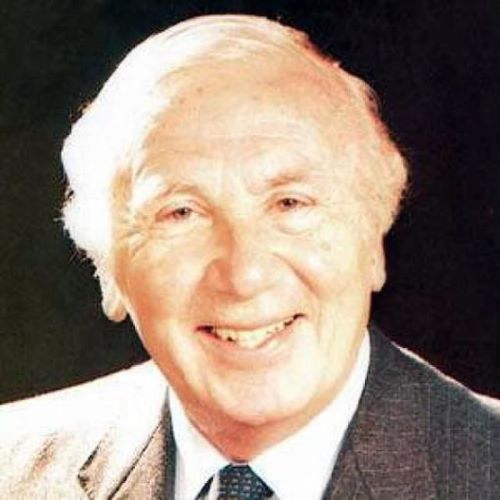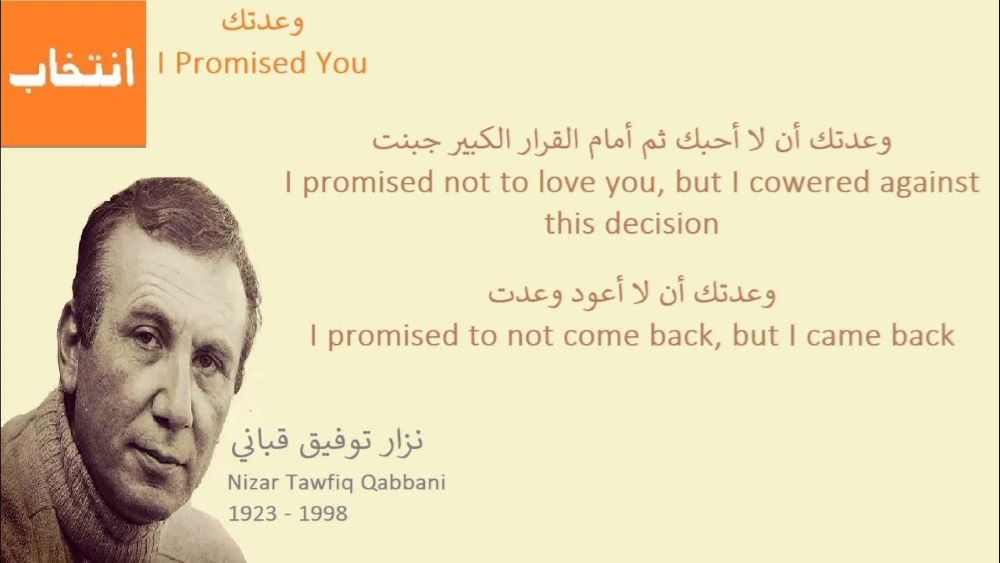
His legacy as a poet and social critic endures, reminding us of the power of words to expose and transform the maladies of tradition
SHOUKAT LOHAR
Nizar Qabbani, a prominent Syrian poet, captivated the hearts and minds of readers with his exceptional artistic style and profound exploration of the maladies of tradition. Through his free verse poetry, Qabbani shed light on societal norms, cultural constraints, and the struggle for personal freedom. This article delves into the life and works of Nizar Qabbani, emphasizing his unique approach to exposing the vices of tradition through the power of words.
Life and Background
Nizar Qabbani was born in 1923 in Damascus, Syria, into a family with a rich literary heritage. His father, Abdul Hadi Qabbani, was a renowned poet and scholar, which greatly influenced Nizar’s love for poetry from a young age. Qabbani’s exposure to his father’s work and the vibrant cultural scene in Damascus shaped his poetic sensibilities and inspired his rebellion against the constraints of tradition.
 Depiction of Maladies of Tradition
Depiction of Maladies of Tradition
Nizar Qabbani skillfully employed free verse as a powerful tool to challenge and critique the maladies ingrained in traditional societies. His poetry was marked by vivid imagery, emotional intensity, and a stark realism that portrayed the darker aspects of societal norms. Qabbani fearlessly confronted issues such as gender inequality, oppressive social structures, and the suppression of personal desires. His verses acted as a medium to unravel the complexities and contradictions of tradition.
Through his verses, he challenged the objectification of women, their subjugation, and the restrictive expectations placed upon them
Qabbani’s portrayal of women in his poetry deserves special mention. He depicted women as multifaceted beings, transcending the traditional roles assigned to them. Qabbani’s female protagonists were strong, independent, and unapologetic, defying the limitations imposed by patriarchal norms. Through his verses, he challenged the objectification of women, their subjugation, and the restrictive expectations placed upon them.
Excerpts from Nizar Qabbani’s Poetry
“I write verses
With the ink of my tears
And the blood of my heart,
To tell the tales
Of women silenced,
Of dreams crushed,
And souls imprisoned.”
This excerpt reflects Qabbani’s deep empathy for women and his commitment to exposing their plight within traditional societies. He uses potent imagery to convey the emotional weight carried by those who suffer silently.
“Breaking the chains,
I soar like a bird in the sky,
Unbound by the shackles of tradition,
For in freedom, I find my true self,
And in rebellion, I reclaim my identity.”
In these lines, Qabbani celebrates the liberation of the individual from the stifling grip of tradition. His words resonate with a sense of defiance and the quest for personal freedom, urging readers to break free from societal constraints.
 Conclusion
Conclusion
Nizar Qabbani’s life and poetry serve as a testament to his unwavering commitment to challenging the maladies of tradition through his unique artistic style. Through his free verse poetry, he fearlessly tackled issues such as gender inequality, societal oppression, and the suppression of personal desires. Qabbani’s vivid imagery and emotional intensity continue to resonate with readers, inspiring them to question and challenge the societal norms that restrict personal growth and freedom. His legacy as a poet and social critic endures, reminding us of the power of words to expose and transform the maladies of tradition.
______________
 Shoukat Lohar is Assistant professor in English at Mehran University of Engineering and Technology Jamshoro. He can be reached at Shoukat.ali@faculty.muet.edu.pk
Shoukat Lohar is Assistant professor in English at Mehran University of Engineering and Technology Jamshoro. He can be reached at Shoukat.ali@faculty.muet.edu.pk